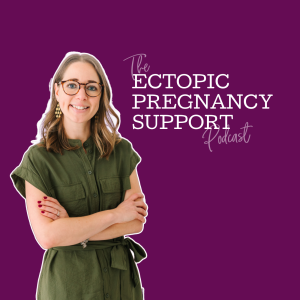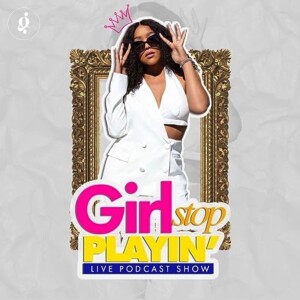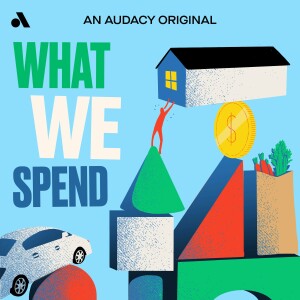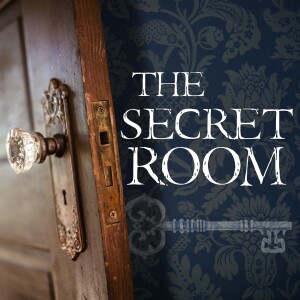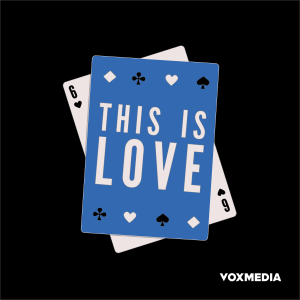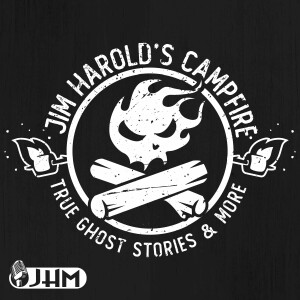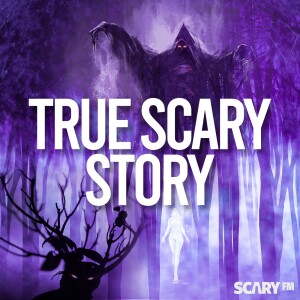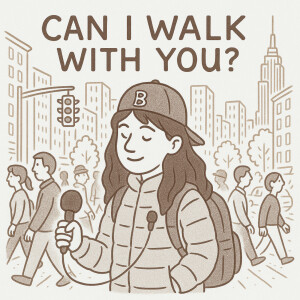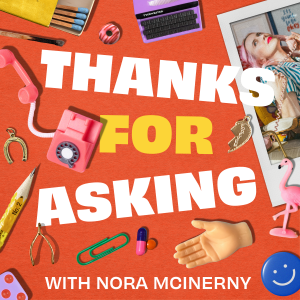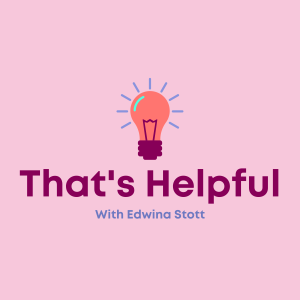

Ed Stott & The Big Life Questions
https://feeds.libsyn.com/419810/rssEpisode List

Why is Food So Complicated? Is Ozempic the Answer?
What if your struggle with food isn’t a personal failing, but the result of a system designed to confuse you? In this episode, we explore why eating has become so complicated, and how diet culture, food marketing, and processed food science have reshaped our relationship with hunger. From the rise of “health halos” and moral food messaging to the explosion of GLP-1 drugs like Ozempic, we ask: can we ever trust our bodies again? You’ll hear from leading voices in nutrition, food history, and medicine — including Marion Nestle, Michael Moss, Christy Harrison, Dr Nick Fuller, and Dr Lauren Samuelsson as we trace how corporate influence, gendered food messaging, and engineered cravings have distorted how we eat. 💡 What you’ll learn in this episode: Why food became tied to morality and how that began over 2,000 years ago How 1970s diet culture and convenience food rewired our appetites What the food industry doesn’t want you to know about nutrition “research” Why some foods feel literally impossible to stop eating Whether GLP-1 drugs like Ozempic are really a miracle or just the latest quick fix 🎧 Featuring: 🔬 Prof Marion Nestle on how food companies shape what we believe about health → foodpolitics.com 📚 Michael Moss, Pulitzer Prize-winning author of Salt Sugar Fat & Hooked 🧠 Christy Harrison, dietitian and journalist behind Anti-Diet & The Wellness Trap 💉 Dr Nick Fuller from Interval Weight Loss on how GLP-1s like Ozempic actually work 📖 Dr Lauren Samuelsson, food historian, on how The Women’s Weekly shaped modern diet culture → UOW profile If you’ve ever felt confused about food, struggled to trust your appetite, or wondered why eating feels so fraught, this one’s for you. Loved the episode? Follow the show, share it with a friend, and know that every listen is a tiny act of resistance against unqualified men with microphones. 📬 Get in touch Email: edwina @ edstott.com Instagram: @biglifequestionspodcast

I'm Not Ghosting You, I Swear
Darlings, an EXCITING update on what's coming next - eek! x As always, if you have anything you want to say, ideas to pitch or collaborations you'd like to make happen, send me an email - thatshelpful @ edstott.com
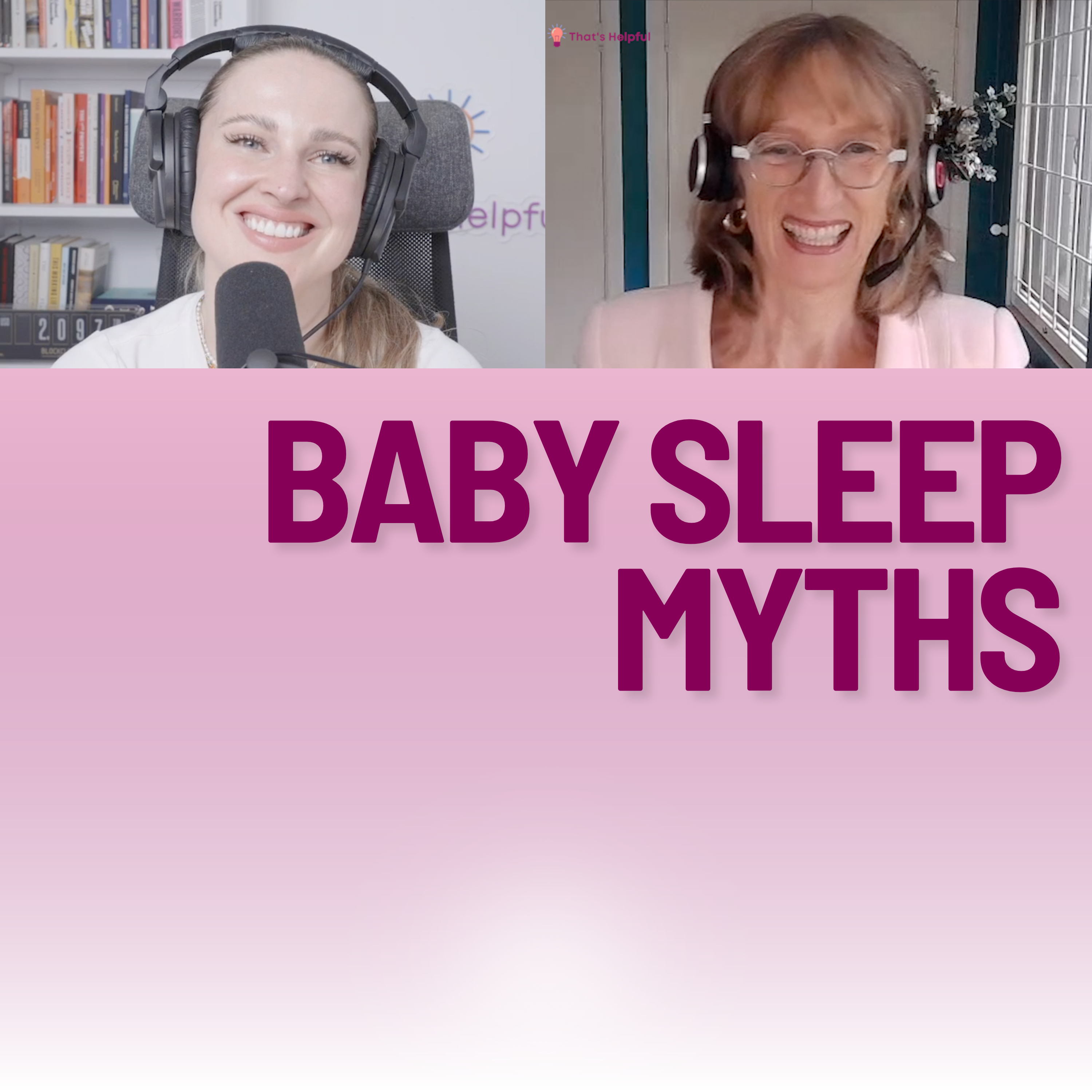
The Simple Science to Your Baby's Best Sleep (WITHOUT Sleep Training!!) with Dr Pam Douglas
What if everything you've been told about baby sleep is wrong and the real solution is already built into your baby’s biology? Dr. Pam Douglas is the founder of the Possums Sleep Program, a science-backed, sanity-saving alternative to traditional sleep training. In this myth-busting episode, she shares where so many of the things we think we know about sleep come from, why they often create sleep problems instead of solving them & how understanding your baby’s biology can change everything. 💡 You’ll learn: Why “normal” baby sleep is wildly different than what you’ve been told The two regulators that actually control sleep — and how to work with them How common sleep advice is probably setting your family up to fail Why “wake windows,” dark rooms and early bedtimes can backfire The surprising truth about overstimulation, routines, and melatonin 📖 Chapter Timestamps: 00:00 – Peeking out of the trenches of year one 01:50 – Why sleep is one of the most distorted parenting topics 04:30 – How outdated health advice causes unnecessary distress 08:00 – What the research really says about night waking 11:25 – The myth of sleep training as “evidence-based” 14:30 – The massive range of biologically normal sleep 17:00 – Why wake windows don’t make sense 22:00 – The two real sleep regulators and how to use them 29:00 – Do you really need a consistent nap routine? 35:00 – Why stimulation at bedtime is a good thing 41:00 – Forget bedtime — it’s wake time that matters 46:00 – How to reduce early rising 51:00 – Transitioning away from co-sleeping (gently) 54:00 – What Dr. Pam most wants you to know 🔗 Helpful Links: Dr. Pam’s Book, The Discontented Little Baby Book Possums Sleep Program Find a Possums-accredited practitioner 💌 Related episodes: 5 Helpful Things I Learned in My First Year of Motherhood 📺 Watch & Subscribe: Watch this episode on YouTube Subscribe on Substack 📬 Get in touch: Say hi or suggest a guest: thatshelpful @ edstott.com Follow That’s Helpful on Instagram
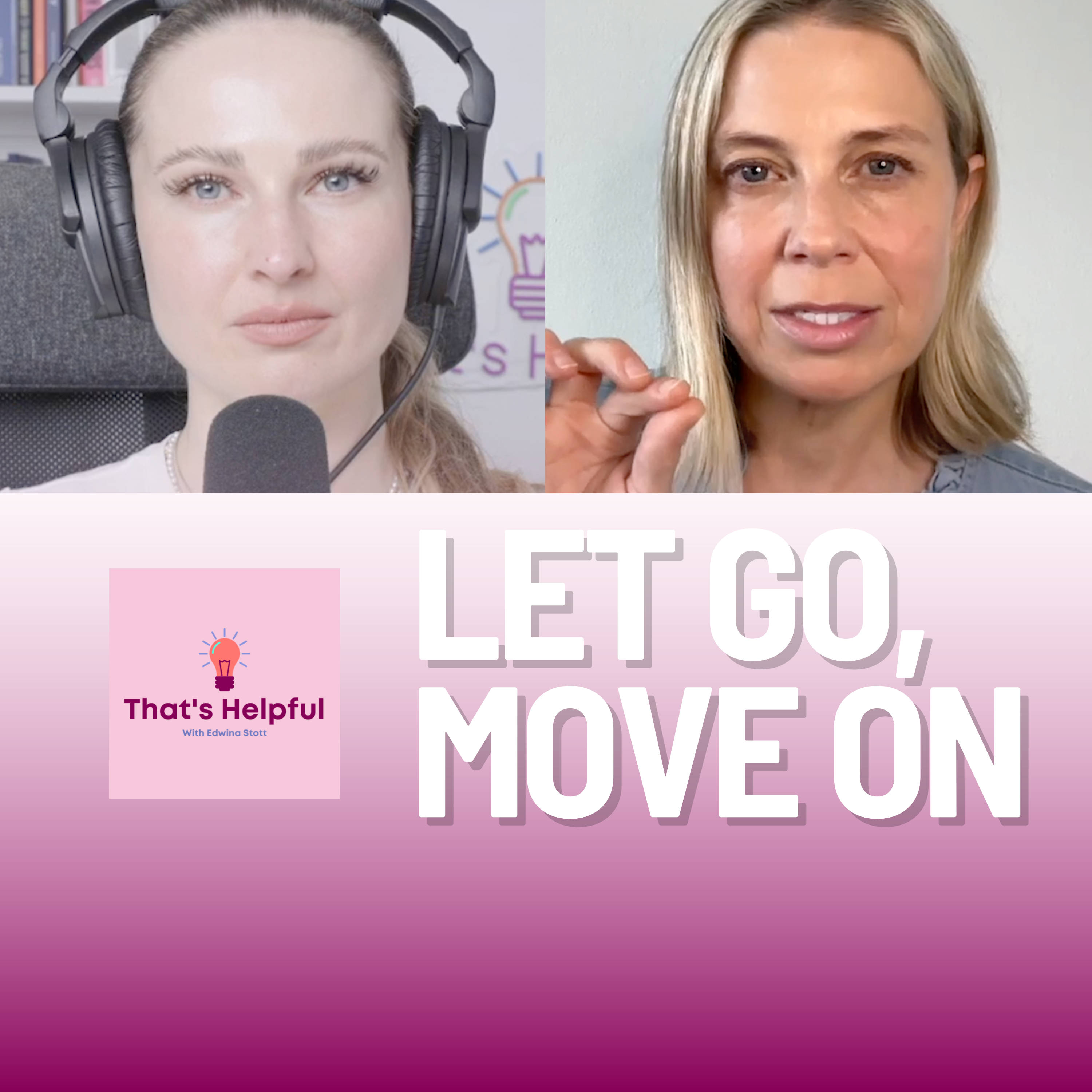
Forgiveness: How to Let Go, Without Letting Them Off the Hook with Rachael Coopes
What if forgiveness didn’t mean forgetting, reconciling, or letting people off the hook — but reclaiming your future? Learning how to forgive — even when it feels like the hardest thing in the world to do — is transformative. It’s a complex process, and there’s a real art to balancing boundaries and letting go. It’s an art Rachael Coopes is obsessed with. She’s the author of The Art of Forgiveness. 💡 You’ll hear: – The origin of the word forgiveness — and why it changes everything – The science behind rumination, stress, and long-term health – What forgiveness has to do with resilience and agency – How to begin (even if you’re not ready yet) – Why boundaries are essential — not the opposite of forgiveness – Why reconciliation and forgiveness are not the same – How your future can be your act of forgiveness 📖 Chapters 00:00 The Quote That Changed Everything 02:18 How Forgiveness Became Rachael’s Obsession 05:10 What 25 Interviews Taught Her 06:30 Forgiveness vs Letting People Off the Hook 10:45 Forgiveness ≠ Reconciliation 13:05 The Neuroscience of Resentment 17:55 Where to Start When Forgiveness Feels Impossible 22:00 Boundaries, Distance & Letting Go 24:45 When Forgiveness Just Isn’t Possible 26:10 Resilience, Accountability & Rachael’s Son’s Story 29:40 Your Future as the Ultimate Act of Forgiveness 31:15 “Forgive Like a Grain of Sand” 🔗 Helpful Links: – The Art of Forgiveness by Rachael Coopes – Rachael’s official website – Follow Rachael on Instagram 📺 Watch & Subscribe: – Watch this episode on YouTube 📬 Get in touch: thatshelpful @ edstott.com Follow That’s Helpful on Instagram
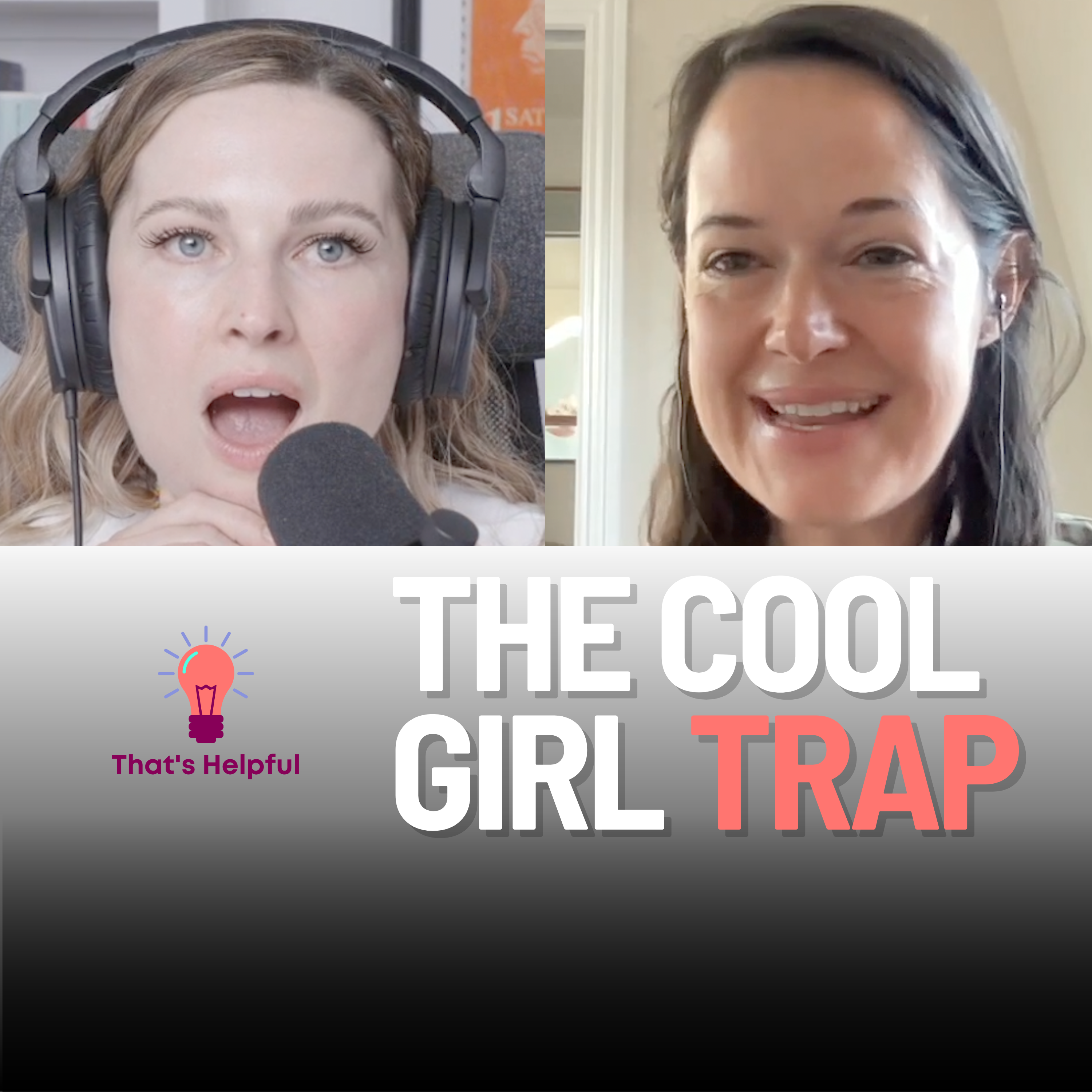
What 90s Pop Culture REALLY Taught Us & How to Unlearn It with Sophie Gilbert
What if the pop culture you loved growing up was quietly teaching you to shrink, perform and turn on other women? In this episode, Pulitzer Prize–nominated journalist Sophie Gilbert joins me to revisit the legacy of the 90s and 2000s — a time that likely shaped how you see yourself & other women. We talk about the toxic version of ‘empowerment’ that dominated the era, why so many of us still feel stuck in competition mode and how we can start untangling the stories we were sold. 💡 You'll hear: – How porn and pop culture collided to redefine girlhood – Why so many women still struggle with internalised competition – What’s changed in how women are portrayed — and what hasn’t – How to start spotting (and unlearning) the cultural scripts you didn’t choose – And what reclaiming your story can actually look like 📖 Chapters00:00 Nostalgia and Reflection on the 90s 03:08 The Power of Pop Culture 05:57 Reality TV and Intersectionality 08:57 Sexualization and Female Power 11:57 The Influence of Porn on Culture 14:55 Empowerment and Its Implications 17:46 Crisis of Female Identity in the 2000s 22:10 The Shift in Celebrity Culture 28:43 Cruelty and Compassion in Pop Culture 29:05 Progress in Women's Representation 31:33 The Impact of Technology on Self-Perception 34:56 Revisiting the Past for a Better Future 🔗 Mentioned: Girl on Girl by Sophie Gilbert Sophie’s writing at The Atlantic Ed's Doco Series on what led to Britney's conservatorship 💌 More from That's Helpful: Subscribe to my Substack Watch the podcast on YouTube Follow That’s Helpful on Instagram 📬 Got thoughts or guest suggestions? Email me at: thatshelpful @ edstott.com
Create Your Podcast In Minutes
- Full-featured podcast site
- Unlimited storage and bandwidth
- Comprehensive podcast stats
- Distribute to Apple Podcasts, Spotify, and more
- Make money with your podcast
